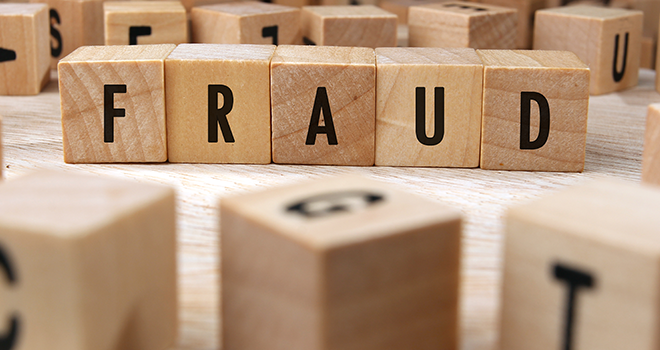Recent announcements by the President and Minister of Finance conveyed the disgust of South African citizens with the rampant plague of theft and fraud permeating the country.
A headline in Daily Maverick Citizen on 2 August read:
There should be a place in jail for everyone who steals from their own people. But there should be a place in Hell for those who find the fortitude within them to steal from the people during a pandemic.
Our industry is unfortunately no exception to this scourge.
According to Garth de Klerk of the Insurance Crime Bureau, the economic fallout from the Covid-19 epidemic has caused an increase in the number of “walking dead”, as well as other false insurance claims and scams. “Walking dead” is the nickname in the insurance industry for those people who either fake their own deaths or do not know that someone has “killed” them off for financial gain.
In a recent case, a Durban university official was jailed for a R850K life insurance claim for non-existent husband. According to various media respondents, the individual took advantage of life and funeral insurance the University offered to staff and their spouses. Even though she was unmarried, she claimed that her husband had died, using the information of an unknown man. The fraudulent claim paid out R850 592. The insurance company, Momentum, launched an investigation after several suspicious claims were lodged by the university. Several other staff members have since been arrested for also submitting fraudulent claims.
“We are seeing, across the board, that people are faking retirement claims, disability claims, retrenchment, credit loss and life cover. And we are seeing a variety of either false death claims, where I am claiming on my granny, but she is not really dead, she is hidden away in some remote area,” de Klerk explains.
De Klerk further highlights that although insurance companies have not released figures of fraudulent claims committed during the lockdown yet, there is anecdotal evidence that suggests an increase. The increase in the number of Covid-19 death claims, has also raised a red flag.
Amid the increase in fraud, the Southern African Fraud Prevention Services (SAFPS) a non-profit organisation focused on fighting fraud, has launched an app called Secure Citizen. The aim of Secure Citizen is to provide companies and financial organisations with a quick way of proving the identity of a person applying for credit or a loan. The launch of Secure Citizen comes as the SAFPS reported a dramatic increase in the number of scams and frauds over the Covid-19 lockdown. According to Manie van Schalkwyk, the ex-director of SAFPS, Gauteng moved from 55% of all fraud incidents reported in the country to 79% between February and the end of May.
Insurance fraud is a risky business and the message should be sent out loud and clear that the potential consequences are severe and long-lasting.
Sadly, leadership at the top is lacking in so far as action is concerned. We have all the legislation required, but the lack of visible application thereof leads to people simply ignoring it and, if caught, abusing the judicial system for so many years that it eventually just peters out.
The perception that new legislation, or tightening of existing regulation, will lead to a decrease in crime is exemplified in the proposal to decrease the legal limit to zero percent alcohol in your blood stream for driving. If you believe this will deter people from DIU, then you should consider inviting the tooth fairy over for tea along with Father Christmas. Just make sure they wear their masks.
In the financial services industry we are experiencing an overkill in legislation, but has this led to a decrease in crime? The answer is a loud and sad NO.
Laws do not deter people from crime. Visible application of the penalties for such actions will not prevent it, but at least stem the tide, which appears to be at spring tide levels, currently.
Click here to read the Insurance Crime Bureau news article.
Click here to read more about the fraud case.



